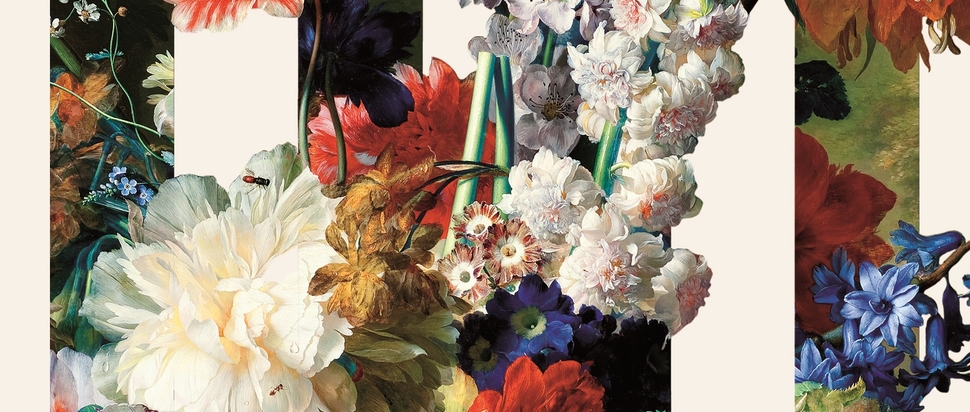The Garden Against Time by Olivia Laing
In her fifth non-fiction book, Olivia Laing’s trademark blend of genres is a desire path out of the weeds
With The Garden Against Time, Olivia Laing has once again produced a work that is part memoir, part landscape history, part literary criticism and part physical journey. The Trip to Echo Spring was their travelogue across America, studying alcoholism in writers; To The River led her to the site of Virginia Woolf’s suicide; and in The Lonely City, the tragic biographies of New York’s artists shaped her own time there. This time, their journey is in search of a common paradise. From their own walled garden in Suffolk, it stretches back to John Milton’s Paradise Lost, a text conceived against the backdrop of the Black Death in 1665. Time is cyclical, Laing remarks from a COVID-ridden England in 2020.
Eden has long coloured our image of heaven on Earth, but reading Laing’s book is more akin to the labour-intensive realities of yardwork: pockets of refuge and nurture break up necessary toil. The history of gardening, of humans occupying and reshaping land to their own design, is expectedly thorny. Still today, Black people in Britain are four times less likely to have access to one. Colonialism’s roots run deep.
But as a non-binary person who spent their 20s in communes, Laing shows us the antidotal, alternative histories of our relationship with nature that might just help us imagine a world less beset on domination. There is time and space for us all.
